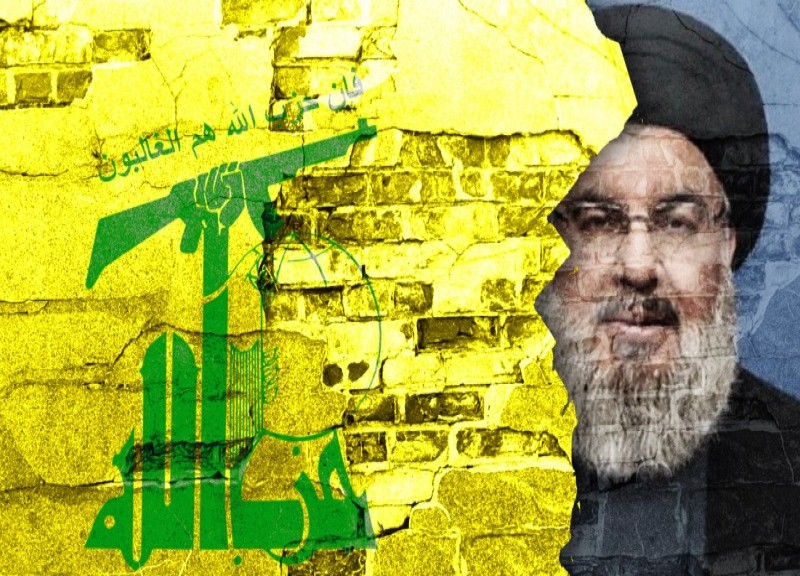
By restraining Israel, Biden makes a major war in the north more likely.
By The Editorial Board - WSJ
While Americans see the war in the Middle East winding down, Israelis worry it is only beginning. Hezbollah has been escalating its strikes on Israel, and the Iranian proxy militia could provoke a larger war unless the U.S. gives it a good reason not to. Washington is too fixated on restraining Israel to notice.
The latest misfire is Sunday's comments y Gen. C.Q. Brown, chairman of the Joint Chiefs of Staff, to reporters on his way to Botswana. According to the Associated Press, America’s top military officer “said the U.S. won’t likely be able to help Israel defend itself against a broader Hezbollah war as well as it helped Israel fight off an Iranianbarrageofmissilesand drones in April.”
He warned Israel “to think about the second order of effect of any type of operation into Lebanon,” including danger to U.S. forces, and said the Iranians could join the fray directly and give greater support to their proxy “particularly if they felt that Hezbollah was being significantly threatened.”
That’s a calculated red light to Israel—don’t count on U.S. help, do count on Iran’s wrath—but what message is the general sending to Hezbollah ? In the group’s leader Hassan Nasrallah’s bunker, it probably sounds like: “Go-ahead. You can get away with more.”
He would be mistaken, at great cost to the people of Lebanon. The Biden Administration has warned on other occasions in this war that it might not act to help Israel, and still Israel has done what it needed to do.
The other half of this Biden policy is the withholding of armaments, slowing their flow to Israel over the past four months with bureaucratic delays. This gives the President plausible deniability, even though the delays and extended reviews were absent when the Administration wanted them to be.
The White House goal is to discourage a larger war, but a policy of weakening Israel has the opposite effect. It emboldens Hezbollah to keep shooting and extend its range. This increases the domestic pressure in Israel to do something about it. Unprovoked, Hezbollah has already fired nearly 5000 rockets, missiles and mortars at Northern Israel since Oct.7, depopulating the region. Not that Iran cares, but a major war between Hezbollah and Israel could wreck Lebanon. Central Israel could take damage like it never has before.
The stakes are high, which makes the U.S. policy of publicly trying to deter Israel even harder to figure. Israel is less likely to be compelled to fight Hezbollah if 70,000 Israelis can return to their homes safely in northern Israel.
This means quieting Hezbollah’s rocket fire and convincing it to remove its fighters fromthe buffer zone in Southern Lebanon. But Hezbollah has no reason to do that if it thinks it can keep firing away and President Biden will protect it from the consequences.














